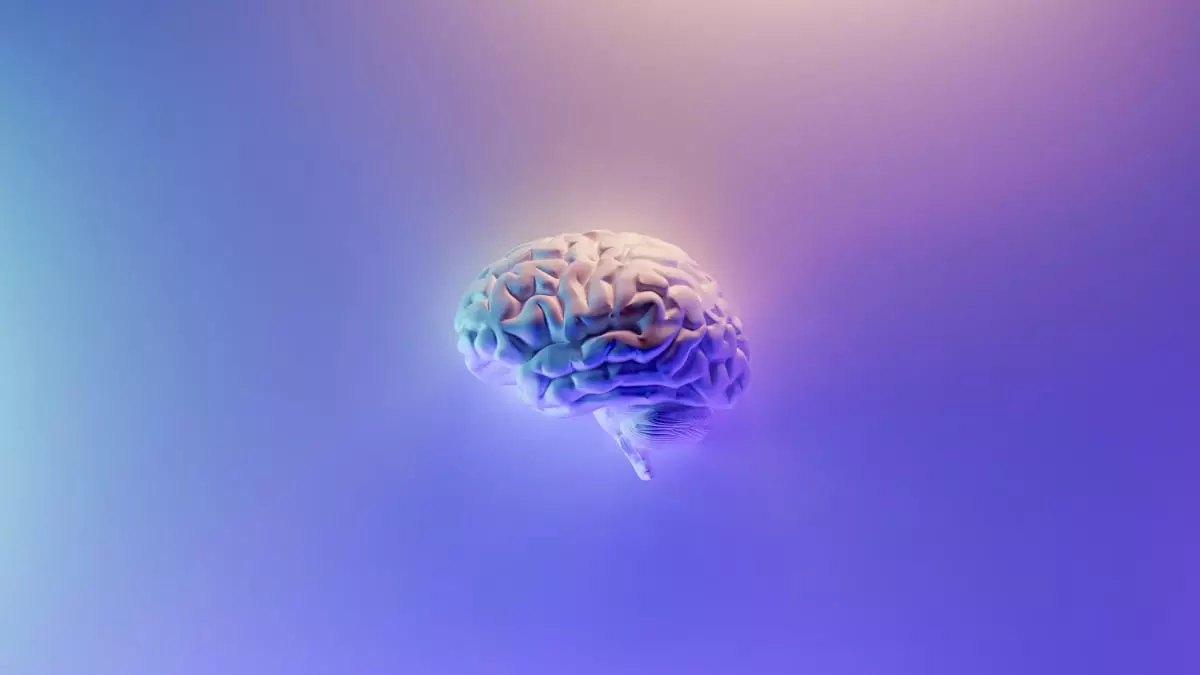Neuroscience has come a long way in its quest to unravel the complexities of human memory. Scientists, with a keen interest in understanding how memories are encoded and stored, have identified structures known as engrams—biological markers left by groups of neurons that signify the formation of a memory. However, the inquiry into whether these engrams can be utilized to retrieve memories post-mortem raises intriguing yet formidable questions, both technically and ethically. Even with significant breakthroughs in our understanding of the hippocampus—a brain region crucial for memory processing—extracting memories from the dead presents an overwhelming challenge that remains largely theoretical.
Recent research published in esteemed journals has validated the existence of engrams, pinpointing their intricate connections in the brain as a crucial element of memory formation. Each engram is composed of neural networks intricately linked by synapses, holding fragments of a total memory experience. Yet, this complexity contributes to the conundrum faced by scientists like Don Arnold from the University of Southern California. While engrams represent the architecture of memory, they do not encompass the memories in their entirety. Thus, the notion of retrieving a complete memory remains fraught with complications.
As highlighted by Charan Ranganath from the University of California, Davis, human memory is not akin to a static library. It is inherently reconstructive—more like a tapestry woven from disparate threads. When we recall a memory, we do not simply access a neatly stored file; instead, we piece together various fragments and interpret them, often risking distortions in our recollection. The dynamic nature of human memory, alongside its emotional ties and sensory embeddings, implies that recreating these intricate thoughts from an individual’s brain raises both methodological and interpretative dilemmas.
Despite the ongoing technological advancements in neuroscience, the current capabilities of our tools are inadequate for the monumental task of memory extraction or recreation. It is postulated that in the future, advancements may allow scientists to construct complex neural networks capable of simulating memories. However, placing someone under continuous brain scans throughout their life to create a comprehensive map of their memory formation processes would prove both impractical and invasive.
There are also pressing ethical questions surrounding such research. If memory retrieval were possible, what implications would it have for concepts of identity and the experience of loss? Would it be ethically sound to tap into a deceased person’s memories? Until these critical concerns are addressed and the requisite technologies are developed, the expertise in neuroscience concurs that the memories of an individual are lost with their passing, marking this as a poignant reminder of the fragile nature of human experience.

Leave a Reply